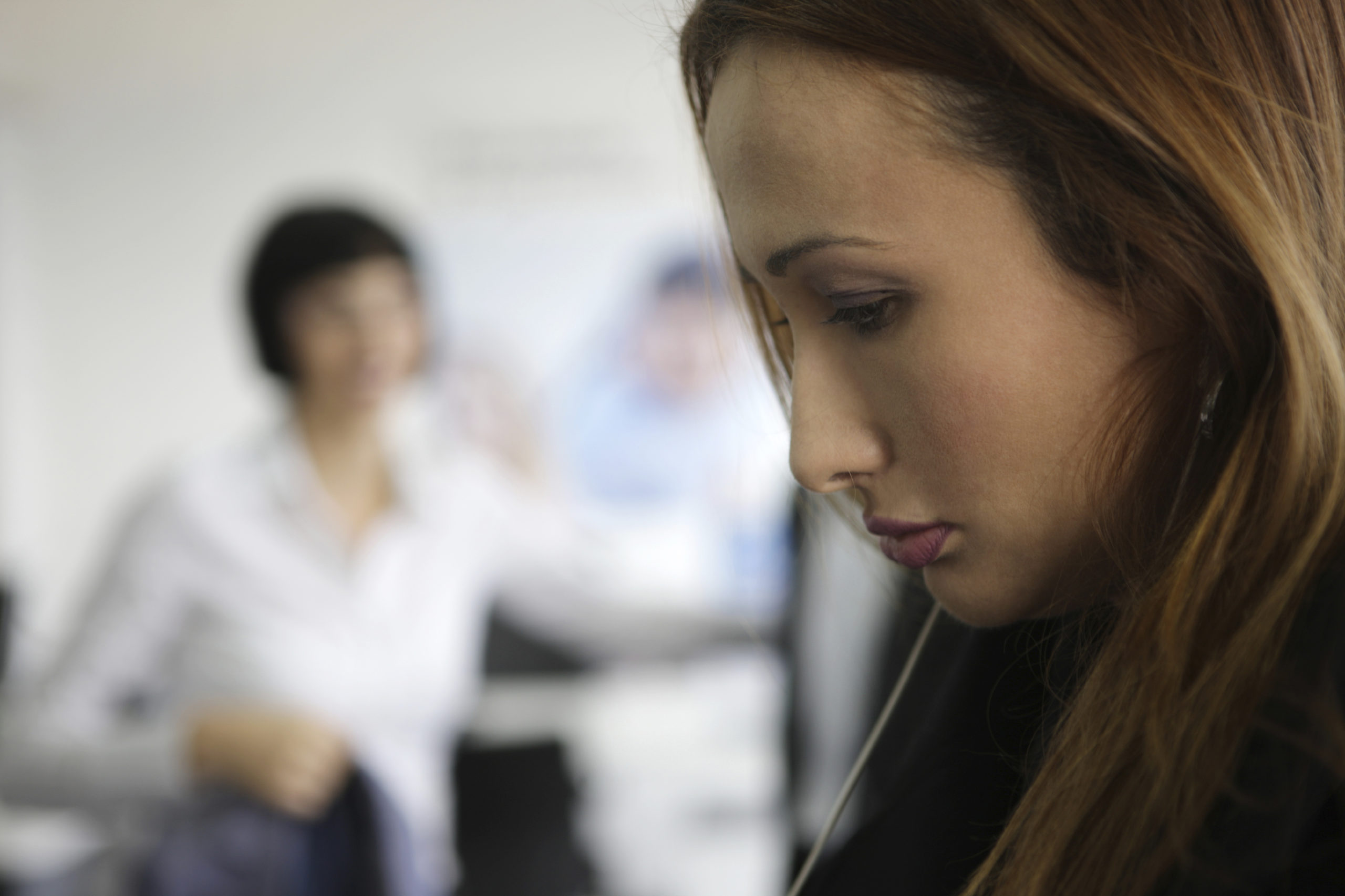Abortion rights, women of color, and LGBTQIA+ people are under attack. Pledge to join us in fighting for gender justice.

The COVID-19 pandemic exposed what impacted communities already know—our nation’s economic and social infrastructure systematically fails many women of color, LGBT (lesbian, gay, bisexual, and transgender) people and disabled women. Prior to the pandemic, women of color, LGBT people, and disabled people already had fewer resources because systemic and structural racism, sexism, and ableism pushed them out of labor force, excluded them from safe, accessible, and affordable housing, denied them access to comprehensive health care, and prevented them, in many other ways, from having the full support they needed to thrive. The pandemic only widened the resource and opportunity gap. Women were more likely than men to have lost their jobs or be pushed out of the labor force due to caregiving responsibilities and a lack of affordable child care, which reduced their incomes and increased their mental loads. Decreases in income and resources, alongside the increases in prices of household goods and housing, have left many women of color, LGBT people, and their families without enough food to eat, unable to afford their housing payments, and unable to afford health care. Three years into the pandemic, women of color, LGBT people, and disabled women continue to face hardship. As detailed in A MENTAL HEALTH EPIDEMIC: The COVID-19 Pandemic’s Effect on Anxiety and Depression Among Women and LGBT Adults, the lack of adequate resources is correlated with persistent feelings of anxiety, depression, or both, which can have lifelong impacts on their health and well-being.
